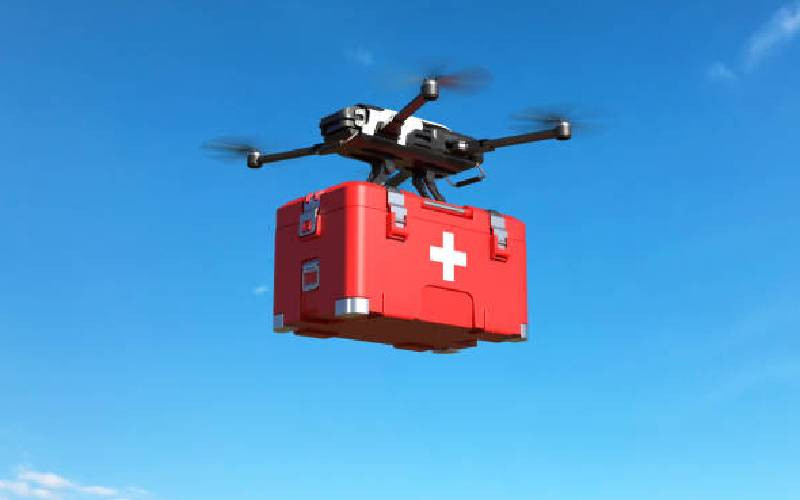
Universal Health Coverage (UHC) allows countries to make the most of their strongest asset: human capital.
Supporting health represents a foundational investment in human capital and in economic growth. Without good health, children are unable to go to school and adults are unable to go to work. It is one of the global economy's largest sectors and provides 50 million jobs, with the majority held by women.
In Kenya, UHC was launched in 2018 with Nyeri, Kisumu, Machakos and Isiolo counties being the pilot sites. This followed a commitment by the State to achieve UHC by 2022, with healthcare one of the key priorities under the Big Four Agenda.
The implementation of UHC, which refers to a state where individuals and communities can access quality healthcare at a cost that does not lead to financial destitution, has been beset with challenges. However, it is significant that in the build-up to the 2022 elections, the two most popular coalitions included UHC in their manifestos.
There is hope that UHC will be successfully implemented in Kenya following its national roll-out in February 2022 by President Uhuru Kenyatta.
UHC is a function of three pillars that must work in tandem for it to be achieved: service delivery, health financing and governance. Under the first pillar, the delivery of healthcare logistics to the health facilities where they are needed remains a challenge. While there is a governance and financial aspect to this variable, most of it is just down to poor and unreliable means of transportation and general infrastructure.
It is these life-threatening deficiencies in the medical logistics delivery that firms like Zipline are working to resolve by harnessing innovative freight conveyance systems by the use of drones. Globally, the use of autonomous drones has become a scalable and acceptable solution. Their deployment has moved critical goods and services by air, within minutes of a requisition, to locations where traditional logistics would face delays and other headwinds.
Zipline is an instant delivery service that operates a drone manufacturing and delivery system, conveying mostly medical supplies as well as non-medical products in a number of markets. Its system is well equipped with modern warehousing and cold chain storage that keeps all products within the recommended standards for delivery.
- UHC workers threaten strike, demand permanent terms and gratuity
- Raila's devolution vision that shaped healthcare agenda
- Peer review begins amid push for UHC and nuclear programme
- Nairobi hosts World Health Expo, focusing on Africa's Health Future
Keep Reading
The author is Zipline Kenya general manager
 The Standard Group Plc is a multi-media organization with investments in media
platforms spanning newspaper print
operations, television, radio broadcasting, digital and online services. The
Standard Group is recognized as a
leading multi-media house in Kenya with a key influence in matters of national
and international interest.
The Standard Group Plc is a multi-media organization with investments in media
platforms spanning newspaper print
operations, television, radio broadcasting, digital and online services. The
Standard Group is recognized as a
leading multi-media house in Kenya with a key influence in matters of national
and international interest.











